We are all criminals
September 25, 2019
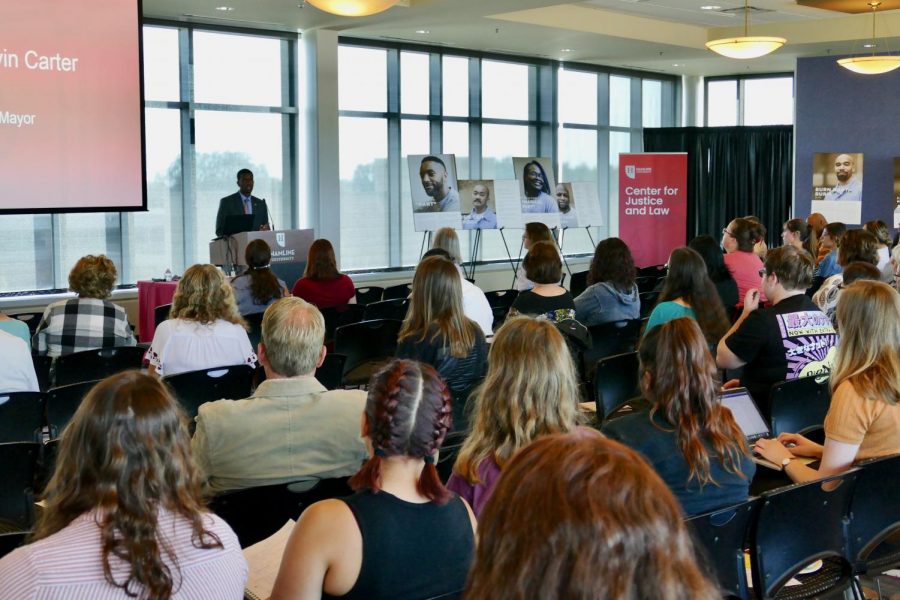
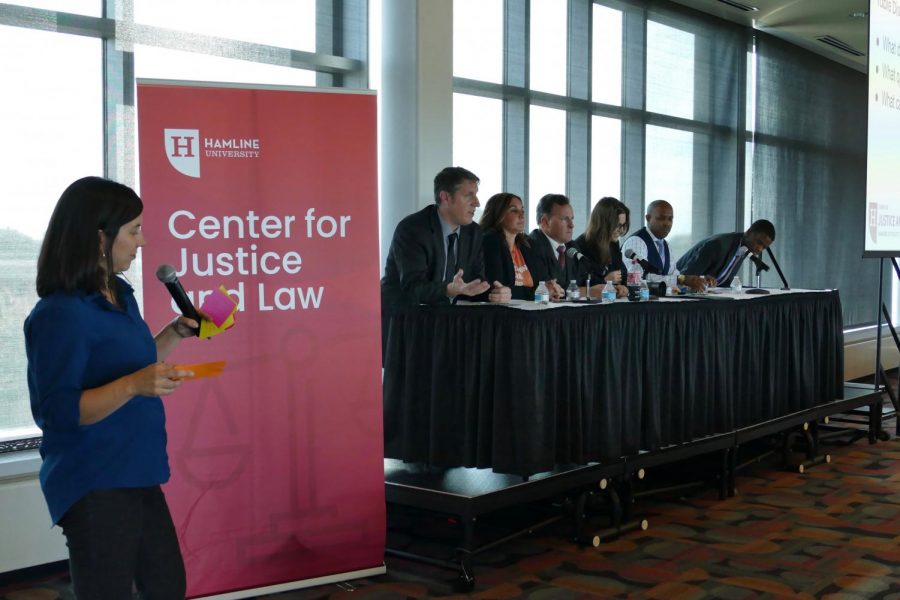
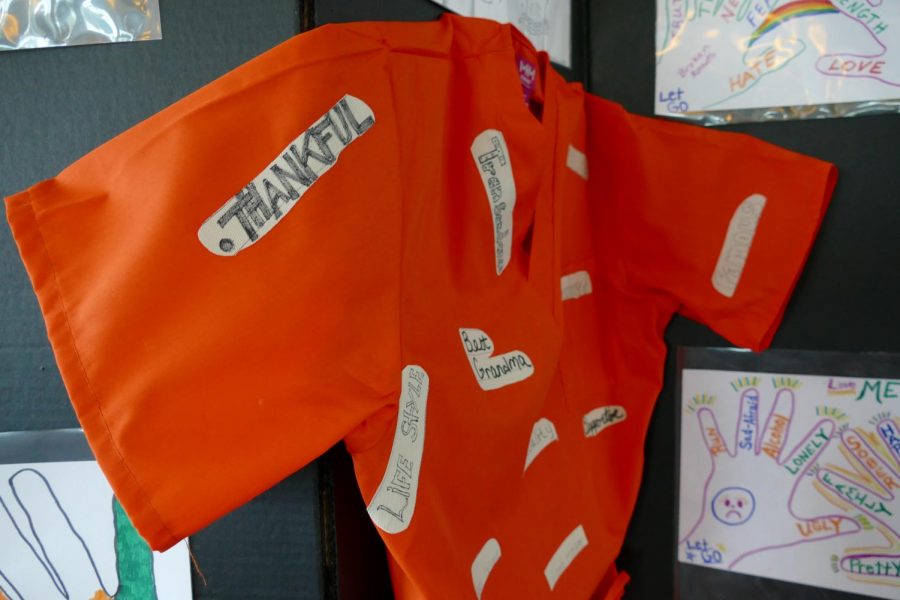
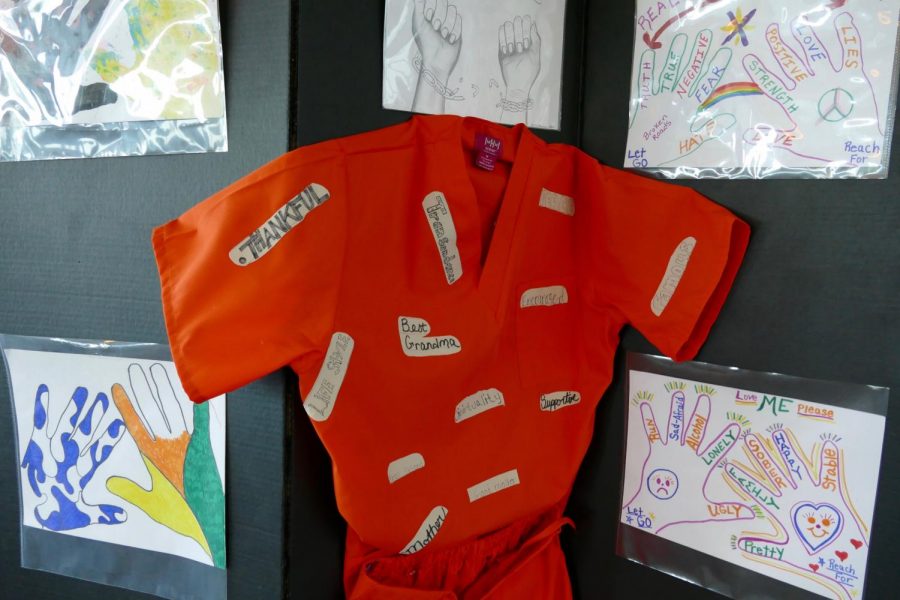
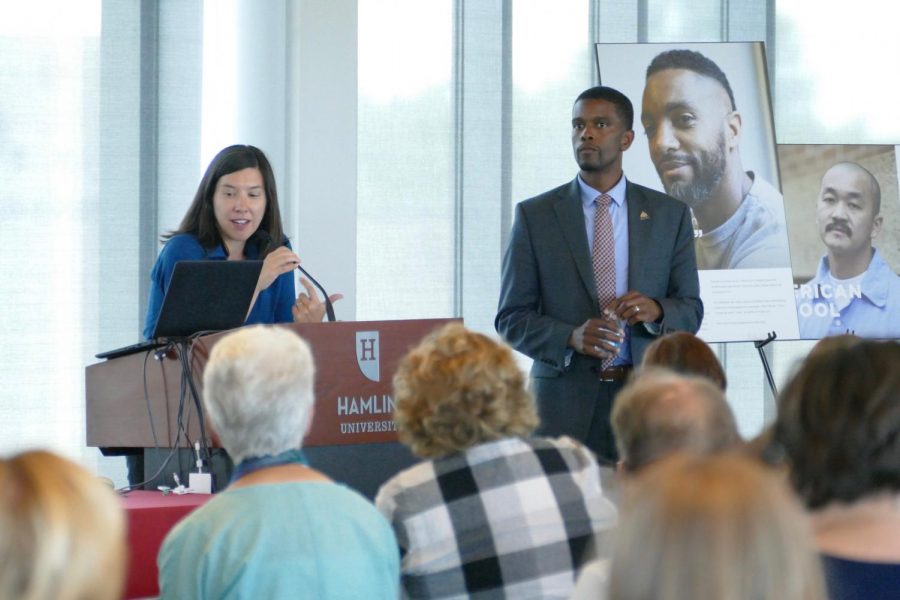
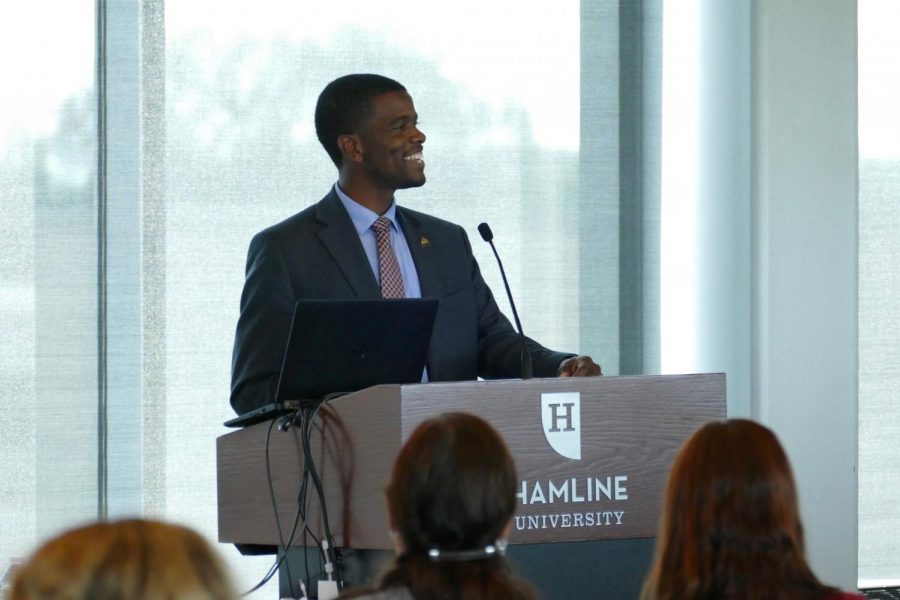
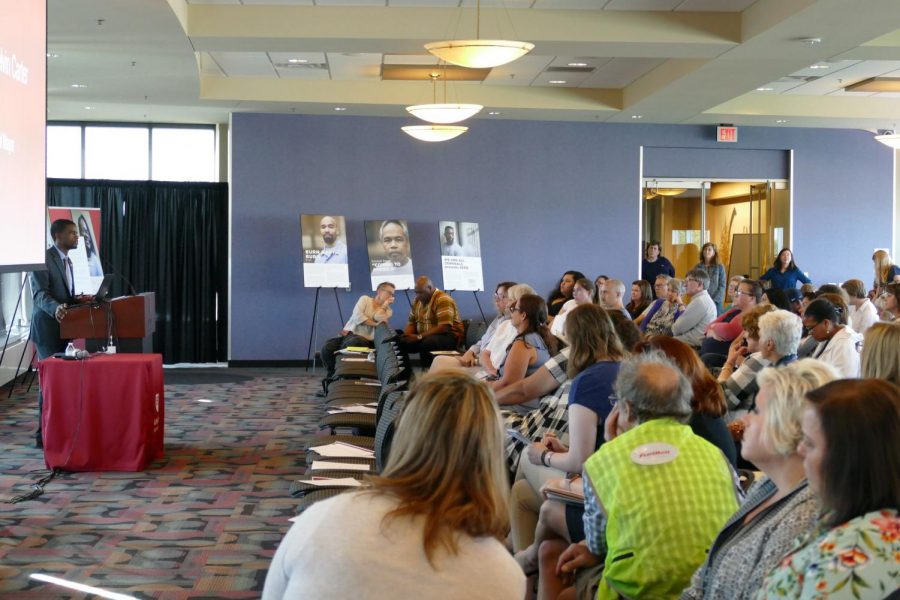
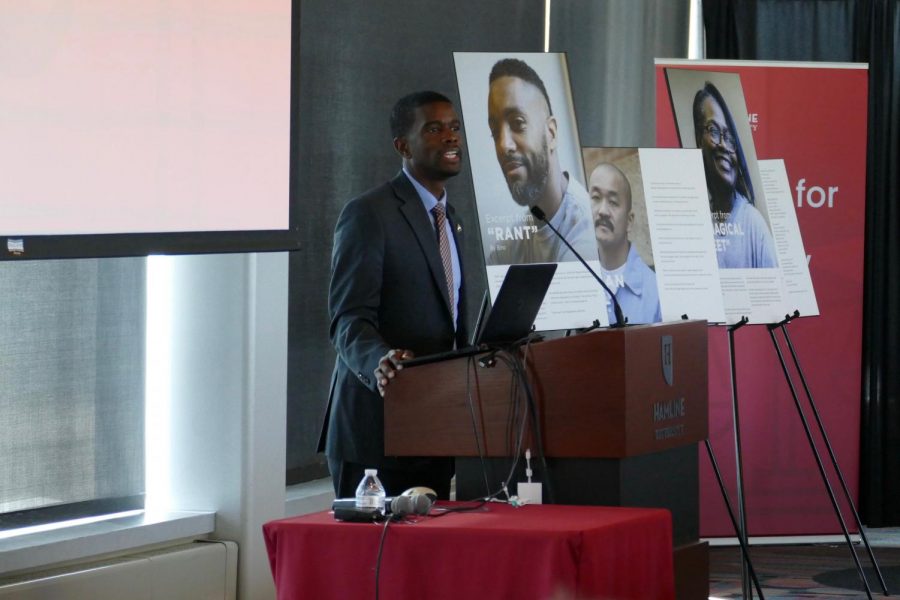
The Center for Justice and Law tells the stories of people who “got away with it” — and the struggles of those who didn’t.
Walking past displays featuring the faces and writings of those who are currently incarcerated, Emily Baxter addressed the crowd in front of her with a simple message: Everyone is a criminal.
Baxter is the director of the nonprofit We Are All Criminals and was the keynote speaker at the first event in Hamline’s Center for Justice and Law’s series on the criminalization of poverty. Over 200 people came to Klas Center on Sept. 20 to learn about the impact of Minnesota’s criminal justice system on those living in poverty.
Baxter highlighted the stories of Minnesotans who had committed crimes but avoided the usual consequences, having never been charged. These people have, as she described, the “luxury to forget.”
Baxter spoke of a man who frequently drove under the influence, and now works as an attorney; a woman who used to trespass and steal silverware, who then became a CFO; and many others whose mistakes were never discovered or brought through the legal system.
Other speakers at the event included experts, advocates and the mayor of Saint Paul, Melvin Carter. Their discussions focused on the consequences of the justice system that most people do not have to experience such as driver’s licenses getting revoked, fees draining bank accounts or expensive bails separating families.
When it came time for Carter to speak, he discussed how the response to crime cannot just focus on punishment. Carter stressed other solutions to crime, such as strengthening communities and raising minimum wage to fight poverty, which he said causes “isolation and desperation” that lead to crimes of survival.
“The conversation about our criminal justice system is nothing short of a conversation about who we are,” Carter said.
He went on to encourage people to advocate within their communities.
“So many things we can impact occur at the local level,” Carter said.
Another speaker was Tonja Honsey, the founder of We Rise, a nonprofit devoted to helping formerly-incarcerated women into positions of leadership. She explained that some crimes are committed out of sheer desperation and acts of survival—stating that many women are put in cells for defending themselves from their abusers.
Students in attendance said that the event left them with plenty to think about.
Hamline senior Jessica Loja was struck by a video shown during Baxter’s presentation, the account of a woman whose life was changed by a conviction she cannot escape.
“She’s paid for what she did,” Loja said.
Baxter’s presentation moved many students in attendance, some of whom had a more direct connection to the criminal justice system.
Marissa Wunderlich, a senior at Mitchell Hamline School of Law, said that Baxter’s message had stuck with her, having “seen the broken system” firsthand during her studies.
“College provides an opportunity to critically examine [our] privilege, our society, our institutions and ourselves,” Baxter said in an email interview. “[Students must] change the way they view each other by changing the way they view themselves.”
Baxter left three ideas for attendees to take home about the issue: stay horrified, stay hopeful and see people.
The Poverty Series will continue on Oct. 4 with “Wrongful Convictions: Race, Culture and Poverty.”
